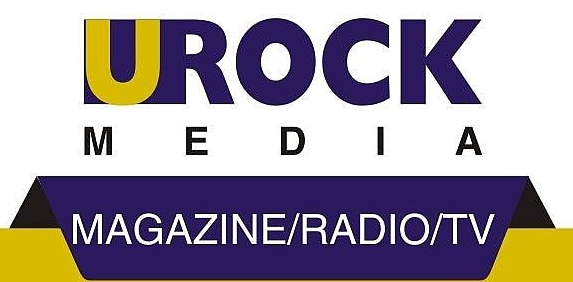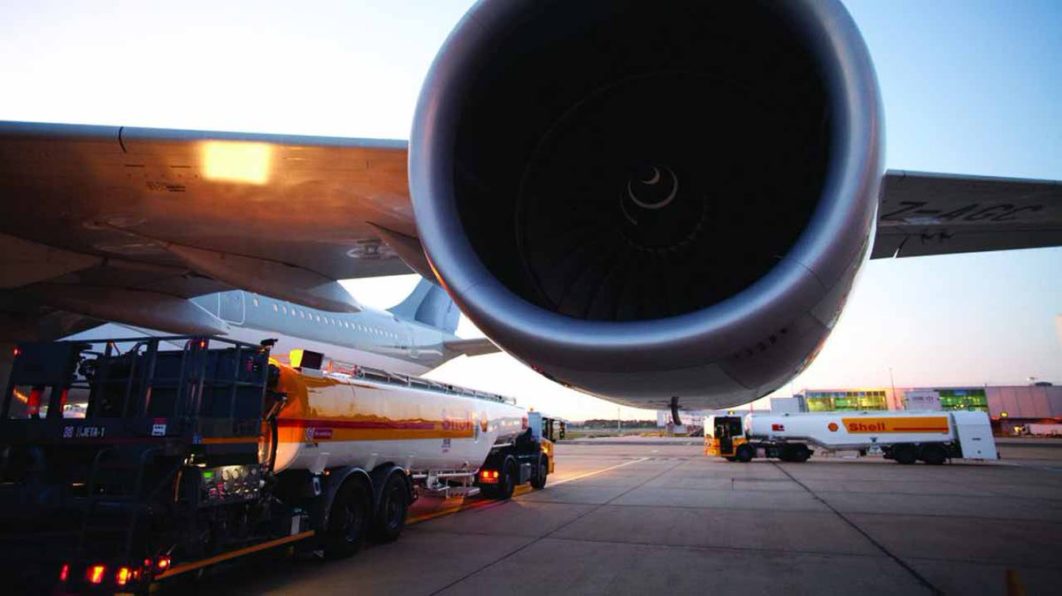•Adjust Rate of Exchange from N411 to N450/$
Foreign airlines operating in and out of Nigeria have taken their protest to the Central Bank of Nigeria (CBN) over difficulties in repatriating accumulated funds, now in excess of $800 million (N328.8 billion).
The airlines, about 30 in number, expressed displeasure over rising difficulties in repatriating earned revenue through an official window approved by the government.
Meanwhile, the fallout of the development is already affecting consumers as foreign airlines have adjusted the Rate of Exchange (RoE) from N411to N450, raising airfares some notches.
Though the repatriation is not peculiar to Nigeria, operating airlines have lately been having difficulties getting the dollar equivalent of tickets sold in Naira, for remittance to their home countries.
The International Air Transport Association (IATA) had in August, said approximately $963 million in airline funds are being blocked from repatriation in nearly 20 countries, including Nigeria that then owed $143.8 million.
An official of one of the airlines told The Guardian that the operators were compelled to meet with the CBN on Monday, to lodge formal complaints on the forex liquidity problem.
He hinted that operators’ threats of temporary withdrawal from Nigeria were able to elicit commitment of the apex bank to make dollars available for repatriation.
“We left the meeting with an assurance that the situation will improve and some of our members have also pledged to keep selling tickets to Nigerian customers. It is such a commitment that we want to see as business concerns, to give us confidence that our businesses are safe,” the official said.
As at August, four countries: Bangladesh ($146.1 million), Lebanon ($175.5 million), Nigeria ($143.8 million) and Zimbabwe ($142.7 million), account for over 60 per cent of the stuck fund.
Travel expert and Chairman of Airline Passenger Joint Committee of IATA, Bankole Bernard, confirmed that the stuck fund was already in excess of $800 million, with dire implications for Nigerian travellers.
Bernard said that airlines have already increased the RoE on the GDS to N450/$ to bridge the gap created by the blockage.
“Unfortunately, it is the Nigerian public that will bear the brunt of it. They have no one to protect them. We have the laws but there is no one to protect anybody. It is sad,” Bernard said.
He noted that the stuck fund, like everything else in aviation, including aircraft, spare parts, crew training and fares, are quoted in dollars and a function of forex availability.
“As at 2019, the dollar rate was N360. Today, it is now over N500 (in the open market). You can forget the CBN’s exchange rate of N411/$1 because you can never get it. So, airlines are not selling at that rate because they are not buying at the official rate. So, airlines will increase the fares a little to be able to accommodate the RoE. Yet, forex is not available for the airlines to repatriate.”
He added that it was unfortunate that the government was yet to understand how the downstream sector of aviation works, to warrant the right intervention and priority of air travel as one of the mainstays of the economy.
Similar situation in 2016 had over $600 million (N120 billion) stuck in Nigeria, forcing some airlines like United Airlines to quit operations.
IATA, the global clearing house for 290 international airlines, had urged Nigeria and other governments to abide by international agreements and treaty obligations to enable airlines to repatriate close to nearly $1 billion in blocked funds from the sale of tickets, cargo space, and other activities.
IATA’s Director General, Willie Walsh, said governments were preventing nearly $1 billion of airline revenues from being repatriated. “This contravenes international conventions and could slow the recovery of travel and tourism in affected markets as the airline industry struggles to recover from the COVID-19 crisis.
“Airlines will not be able to provide reliable connectivity, if they cannot rely on local revenues to support operations. That is why it is critical for all governments to prioritise ensuring that funds can be repatriated efficiently. Now is not the time to score an ‘own goal’ by putting vital air connectivity at risk,” Walsh said.
IATA encouraged governments to work with industry to resolve the issues that are preventing airlines from repatriating funds. This will enable aviation to provide the connectivity needed to sustain jobs and energise economies as they recover from COVID-19.
Source:- The guardian




